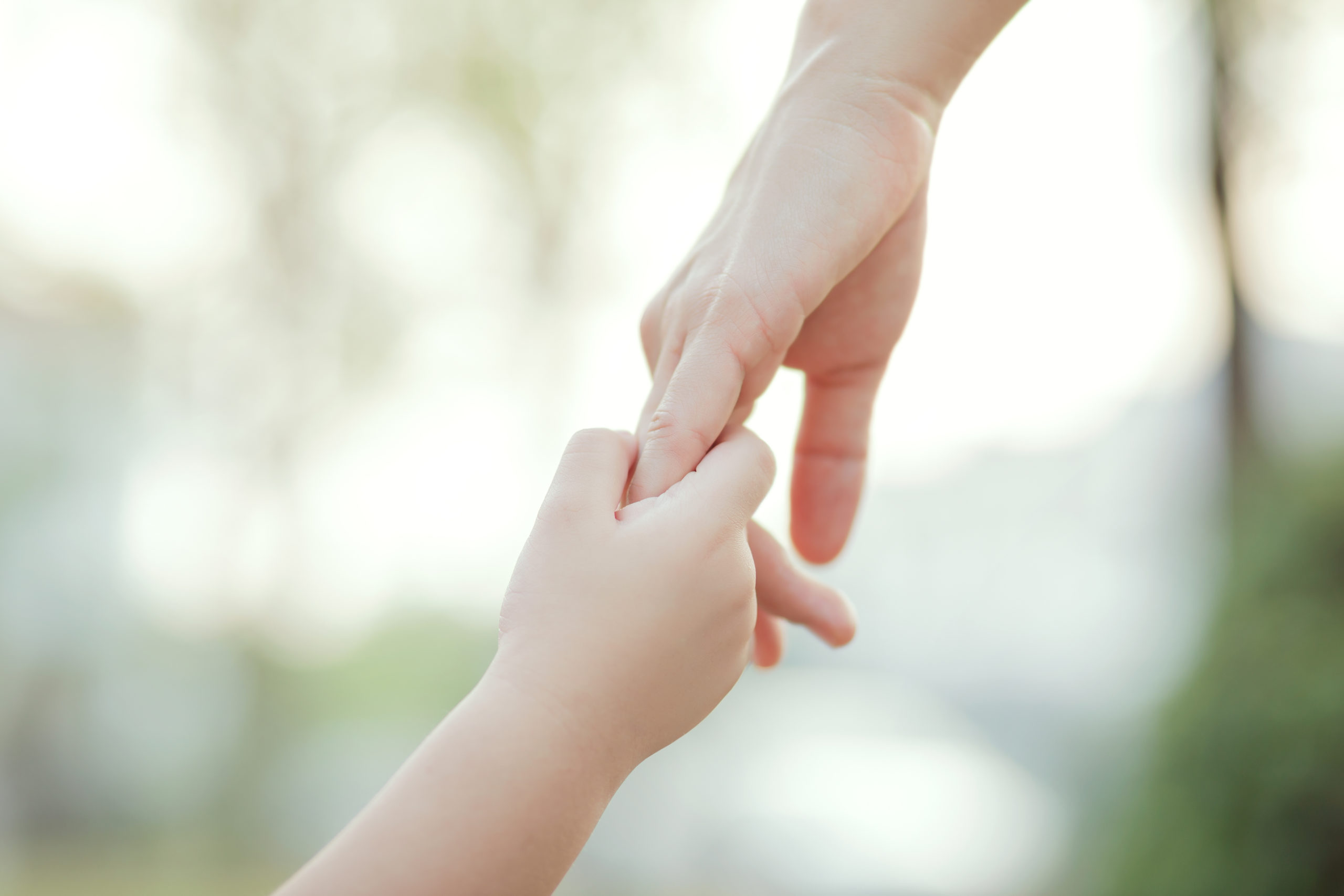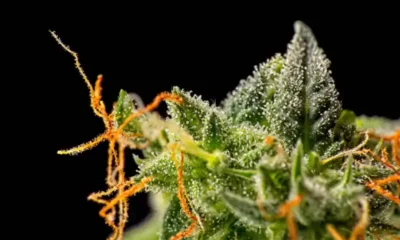Connect with us
Published
1 year agoon

After using medical cannabis, which she’d been prescribed for a decade, during her difficult pregnancy eventually led to her placement on Arizona’s child abuse blacklist, it appears that Lindsay Ridgell’s years-long battle against the state’s Department of Child Safety (DSC) has finally come to a close, according to a Jezebel report.
Ridgell’s challenging pregnancy was compounded by hyperemesis gravidarum, which causes extreme, persistent nausea and vomiting, and she found symptom relief through her cannabis use. Arizona has boasted legal cannabis for more than a decade and legalized recreational cannabis in 2021.
Following her son’s birth, the newborn briefly stopped breathing. Doctors were able to resuscitate the child, who turned out to be OK, and was discharged from the hospital a week after his birth. Doctors also assured her son wouldn’t have lasting symptoms, Ridgell told Jezebel.
However, when the medical staff ran a number of tests, the baby tested positive for cannabis. Even though doctors gave the child a clean bill of health, Arizona’s child welfare system place Ridgell on the state’s child abuse blacklist.
Ridgell immediately fought back and took the agency to court numerous times. After appealing the find to the administrative court, the judge took her side. The DCS, however, took the case to county court and sided with the agency. After numerous back-and-forth battles, the state Supreme Court rejected DCS’s petition for review, and a lower court’s ruling in favor of Ridgell now stands.
During her employment at DCS, Ridgell avoided talking about her medical cannabis prescription with coworkers.
“I tried to stop [using medical cannabis] a few times, but I was never able to. I would get really sick,” she told Jezebel. “I was nauseous all the time. I could barely hold anything down.”
Ridgell was hospitalized twice, initially in November 2018, when she was diagnosed with hyperemesis gravidarum. According to the appellate court’s opinion, she renewed her medical card in late December 2018 and informed the doctor she was pregnant. Dr. Kim Muhammad identified her “chronic nausea [due to] slow gastric emptying” as Ridgell’s “debilitating medical condition.”
While Muhummad warned Ridgell that cannabis use during pregnancy left her at risk of being reported to the department through the course of her pregnancy or after her son’s birth, the doctor then certified that “in [my] professional opinion [I] believe that the qualifying patient is likely to receive therapeutic or palliative benefit from … the use of marijuana to treat or alleviate the qualifying patient’s debilitating medical condition.”
A 2022 study recently found that cannabis may actually work better than prescription drugs in treating pregnancy-related nausea, adding to a number of other studies coming to similar conclusions. Though, even these researchers said the safety of cannabis use during pregnancy is “currently unclear.”
Reproductive justice advocacy organization Pregnancy Justice found that there is “no scientific basis” that in-utero exposure to cannabis causes a fetus harm, though the American College of Obstetricians and Gynecologists conversely advises against cannabis use during pregnancy.
While more research is needed to fully pin down the potential risks of cannabis use during pregnancy, part of the problem with criminalizing this activity is that pregnant people are less open with their healthcare providers.
The appellate court found that Ridgell did not expressly share her cannabis use through her pregnancy to her emergency room physicians and OB-GYN, but she was still a licensed medical patient. The court wrote that, under the state’s Medical Marijuana Act, a qualifying patient is presumed to be “engaged in the medical use of marijuana” if they possess a registration card and an allowable amount of cannabis. The court later added that Ridgell’s lack of disclosure to her doctors, and any dispute over that fact, is irrelevant to the case.
Ridgell has since moved cities and changed careers, and her son is thriving and about to celebrate his fourth birthday. She doesn’t plan to stop using medical cannabis, as it has greatly improved her quality of life; however, she tells Jezebel that she is “terrified” to get pregnant again.
“Along with the terrible experience of being pregnant, I don’t want another lawsuit.”


Despite City Efforts, Hemp Shops Posing as Dispensaries Prevail in Las Vegas


Cannabis Community, Investors React to DEA Decision To Reschedule


Georgia Governor Signs Bill Establishing Licensing Requirements To Grow Hemp


Study: Psilocybin Enhances Meditation


Ohio GOP Lawmakers Debate Adult-Use MJ Priorities, Eye June for Regulation Approval


Taylor Swift Puts Narcotics Into All of Her Songs on ‘The Tortured Poets Department’
